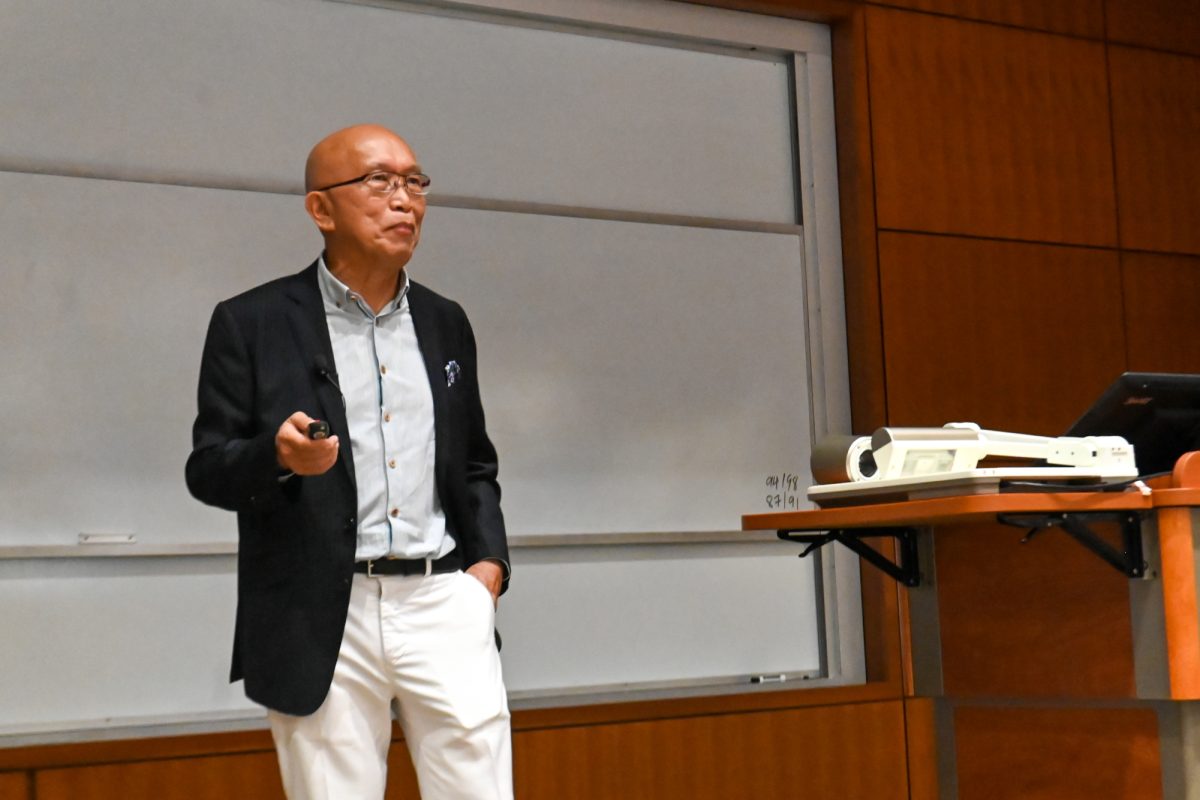Clinton’s stand on China
July 2, 1998
During World War II, the United States, and indeed all the world, learned a valuable and important message: Appeasing dictators does not stop them. It is a message that today seems sadly forgotten as President Clinton continues to bow to Chinese demands regarding his visit to China.
To date, the Clinton administration has eased the threat of economic sanctions, stopped attacking China’s human rights violations, and approved the export of U.S. commercial satellites for launch aboard Chinese rockets. A move which gave China technical information that has helped them increase the accuracy of their nuclear missiles.
In return for our policy of open “engagement,” China has exiled and arrested more dissidents, aided nuclear weapons programs in Iran and Pakistan (which caused India to step up their own program), fired missiles off the coast of Taiwan, and seized islands in the South China Sea. Of course, religious repression and forced abortions continue unhindered. Giving China carrots is not working now, nor has it worked in the past.
President Clinton once campaigned that the U.S. would impose economic sanctions against China if human rights issues were not resolved. Now the president believes he can convince the American public that as a visitor he has no choice but to be greeted in Tiananmen Square. He wants us to believe the president has no choice but to bow to China’s demands that he not visit our real Asian allies, South Korea, Japan and Taiwan, on this same trip.
The 180ø turn in policy by the Clinton administration was made to protect itself from whatever information China has regarding the acceptance of Chinese campaign funds by the Democratic party. This kind of political blackmail can not be tolerated at any level of our government.
Bill Clinton must make a choice: Stand Up or Step Down. The U.S. can not have a president who is a puppet to arguably the most dangerous foreign power in the world today. Clinton can stand firm against Beijing and further transgressions with the threat of sanctions or worse and accept the ensuing campaign funding scandal for the benefit of the country and the world. Or Clinton should, as a weak and compromised ruler, resign from the office of the presidency effective immediately. The resignation seems like a drastic and probably ineffective move since Al Gore will likely be in an equally compromised position, but the bottom line remains — the U.S. President is making foreign policy decisions which hurt the U.S. in an attempt to cover-up the criminal behavior of his political party. This is an unacceptable state of affairs and must somehow be rectified.
No, I am not so much of an idealist to believe that either of these paths will be taken. At best, I can hope that Clinton will quietly inform China’s Jiang that the next U.S. President will not be another Chinese puppet and that long American memories will not soon forget what is happening today.
Andrew J. Schultz
Junior
Metallurgical engineering






